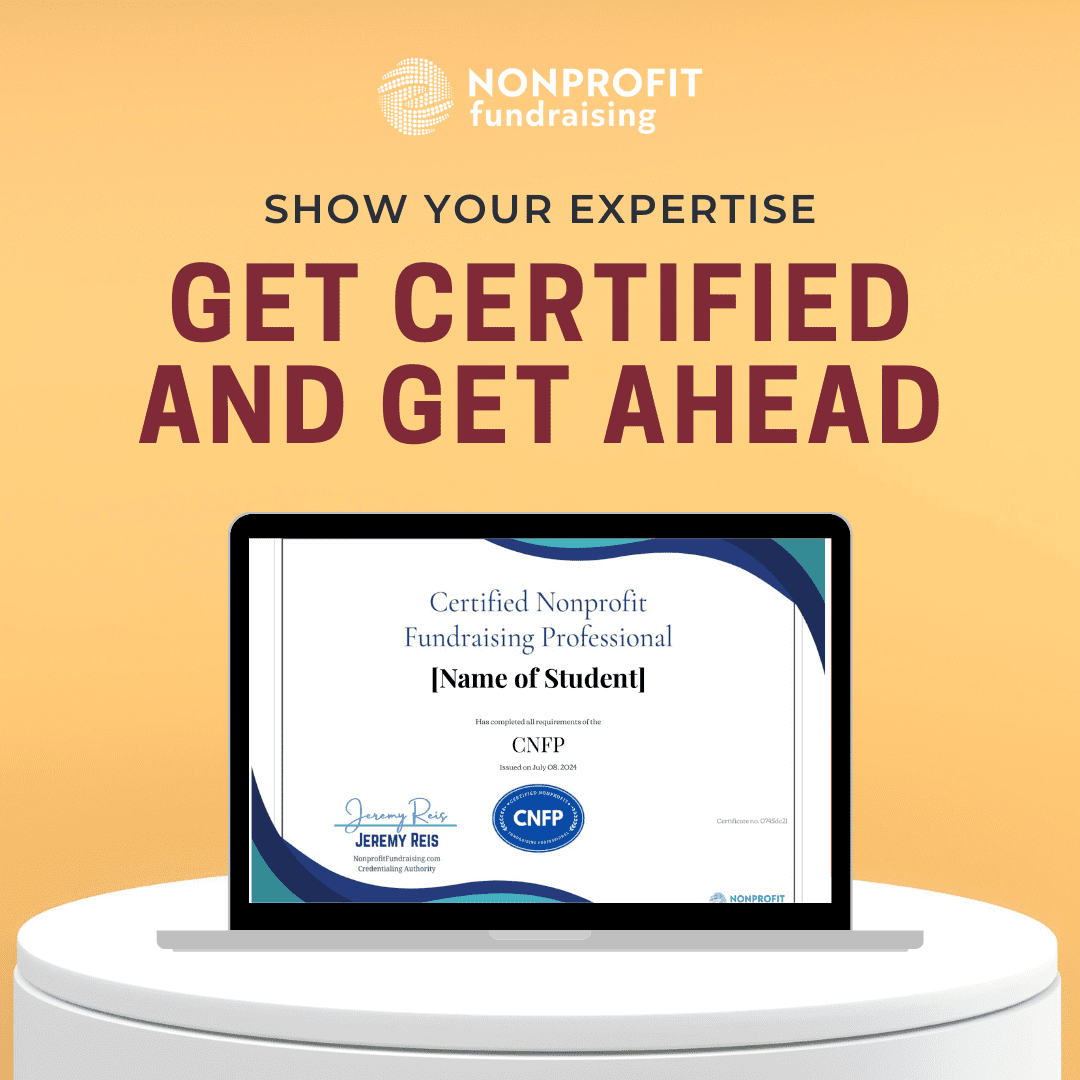Email fundraising has become a pivotal tool for non-profit organizations, political campaigns, and other groups seeking to raise funds. Two crucial tactics often used in this context are urgency and scarcity. These psychological triggers can significantly increase the effectiveness of your fundraising efforts by invoking a sense of immediacy and exclusivity.
Urgency in Email Fundraising
Urgency is a powerful motivator in decision-making processes. It creates a time-sensitive situation that compels people to act immediately rather than delay. In email fundraising, urgency can be communicated in various ways such as limited-time offers, deadlines, or emphasizing the immediacy of the need. This can be one of your best fundraising ideas to increase revenue.
For instance, an email subject line like “Only 24 hours left to double your impact” signals a time-bound opportunity for donors. Not only does it create a sense of urgency, but it also provides an added incentive (doubling the impact of their donation).
The body of the email would then go on to explain the specifics: a generous benefactor who has agreed to match all donations made within the next 24 hours, for example. This approach encourages recipients to take immediate action while also demonstrating the tangible impact of their contribution.
Examples of text copy you could use to demonstrate urgency in your fundraising appeal:
- “Act Now! Your contribution can make double the difference but only if we receive it by midnight.”
- “We’re almost there! Help us reach our goal before the clock strikes twelve. Every second counts!”
- “Time is running out! Your chance to make a historic impact ends tonight. Don’t miss this opportunity.”
- “Your support is urgently needed. Together, we can reach our goal, but we only have hours left to make it happen. Please, act now!”
- “You have the power to change lives, but time is of the essence. Your gift will have twice the impact if you donate in the next 24 hours.”
- “This is your moment to shine as a beacon of hope. With just hours left, your generous gift can be the one that puts us over the top.”
- “We are on the verge of making history, but we can’t do it without you. With only hours remaining, every donation counts more than ever. Act fast!”
- “The clock is ticking, and your support has never been more crucial. Together, we can meet this moment, but we need your help before time runs out.”
- “Every minute matters! Your donation can be the catalyst for change, but only if we receive it by the deadline tonight.”
- “Don’t let this moment slip away. Your urgent action is needed to help us reach our goal before time runs out. Together, we can make a difference, but only with your immediate support.”
Scarcity in Email Fundraising
Scarcity, on the other hand, revolves around the principle that people value things more when they are rare or hard to come by. In the context of email fundraising, this could mean highlighting the exclusive benefits that come with making a donation, or emphasizing the limited availability of these benefits.
A subject line such as “Exclusive opportunity for our top supporters – only 50 spots available” taps into the scarcity principle. The email might detail an exclusive event or special recognition for a certain number of high-level donors. The limited availability creates a sense of exclusivity and competition, encouraging recipients to act quickly in order not to miss out.
Here are ten examples you can use to demonstrate scarcity in your email appeal:
- “Be one of the exclusive few! Only 20 spots left to join our VIP Donor Circle and receive a special token of appreciation. Don’t miss out!”
- “Act fast! Only the first 50 donors will be acknowledged in our annual report as Pioneer Supporters. Secure your spot now!”
- “Join the ranks of our elite group of patrons. Only 10 more spots available for our Benefactor Dinner. Donate now to secure your invitation!”
- “Don’t miss this golden opportunity! Only 30 spots left for our special webinar with our founder. Be a part of this exclusive event by donating today!”
- “Be one of the privileged few to get an exclusive behind-the-scenes tour. Only available to the next 15 donors who contribute $100 or more.”
- “This is your chance to be featured in our Hall of Fame! Only the first 100 donors will have the opportunity to have their names engraved. Act quickly!”
- “Exclusive offer: The next 20 donors will receive a signed copy of our ambassador’s latest book. Don’t miss your chance – donate now!”
- “Limited edition gift awaits! Be among the first 50 donors and receive an exclusive piece of artwork as a token of our gratitude.”
- “Seize this rare opportunity to join our Founders’ Circle! Only 5 more spots available. Make your contribution now to be part of this prestigious group.”
- “Time-sensitive: Only the first 100 donors will get a chance to attend a special Q&A session with our project leaders. Secure your spot with your donation now!”
Balancing Urgency and Scarcity
While urgency and scarcity can be highly effective, they must be used judiciously. Overuse can lead to donor fatigue and skepticism. If every email communicates a sense of urgency or scarcity, recipients may grow weary or begin to question the authenticity of your messages.
Moreover, it’s essential to be transparent and honest when using these tactics. If you claim that a donation will be matched only if made within a certain timeframe, ensure that this is indeed the case. If you advertise an exclusive event for a limited number of top donors, make sure it truly provides value and isn’t just a gimmick to get people to donate more. For example, we hosted a fundraising gala that had a room capacity of 220 people, we were able to sell out with two weeks to go before the event because we truly had a limit.
Urgency and scarcity can be potent tools in your email fundraising strategy, helping to drive immediate action and increase donation amounts. However, they should be used strategically and genuinely, as misuse can damage your reputation and relationship with your supporters.
By understanding these psychological triggers and how to apply them effectively, you can craft compelling email campaigns that not only raise funds but also foster long-term relationships with your donors. After all, successful fundraising is about more than just meeting goals; it’s about building a community of supporters who are invested in your cause and eager to contribute to its success.


